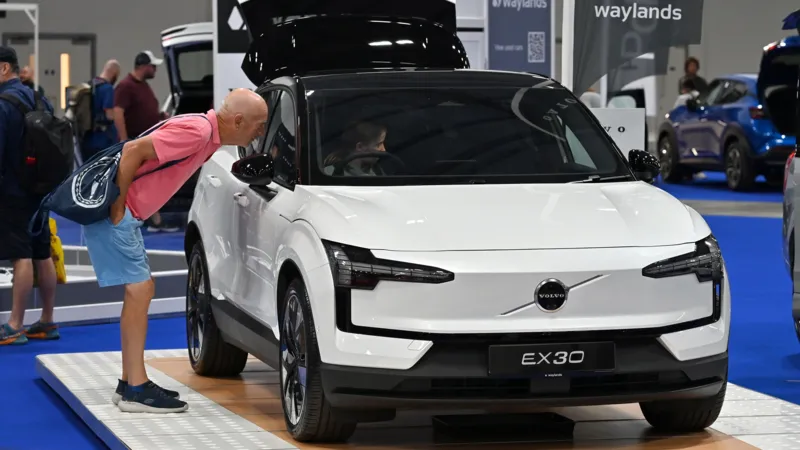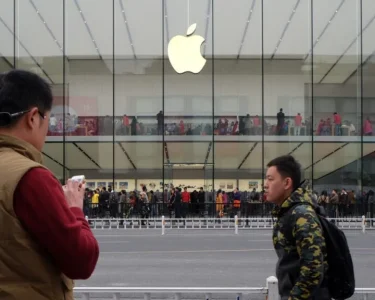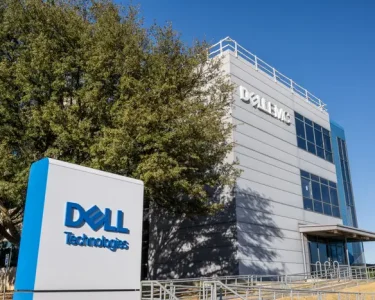In a surprising turn of events, Volvo Cars has announced a revision to its ambitious goal of selling only electric vehicles (EVs) by 2030. Citing a mix of market dynamics, supply chain issues, and regulatory challenges, the Swedish auto manufacturer will now introduce a more gradual transition towards electrification.
Volvo initially aimed for a bold transformation in the auto industry by phasing out combustion engines within a decade, setting a benchmark for others. However, recent developments, including raw material shortages and logistical hurdles, have forced the company to reassess its timeline.
Industry experts argue that this move might reflect broader challenges facing the auto industry in the shift to electric vehicles, including battery production bottlenecks and fluctuating consumer demand in different markets. Despite these hurdles, Volvo remains committed to its green transition, with a revised target that still emphasizes an increased production of EVs each year.
The company’s CEO, in a recent press release, emphasized Volvo’s commitment to sustainability. “Our vision for a cleaner world remains intact. This recalibration allows us to approach it with the resilience and adaptability that today’s global economy demands,” he stated.
Volvo also plans to enhance its investment in hybrid technologies and renewable energy sources to support its long-term objectives. This includes partnerships with battery manufacturers and initiatives to reduce the carbon footprint of its manufacturing processes.
The automotive industry watches closely as traditional automakers navigate the evolving landscapes of technology and regulations. Volvo’s shift might influence other players in the industry, signaling a potential reevaluation of the pace at which a full transition to electric vehicles can be realistically achieved.
As Volvo adjusts its sails towards the future, stakeholders remain optimistic about the company’s role in shaping an eco-friendly automotive landscape. The company assures that despite the delayed timeline, it will not waver in its promise to lead innovations in safety and sustainability.
For more insights on how the auto industry is adapting to environmental challenges, visit Digital Digest.





